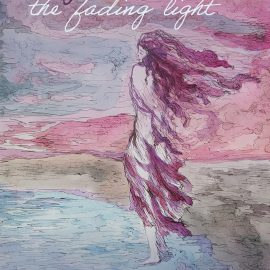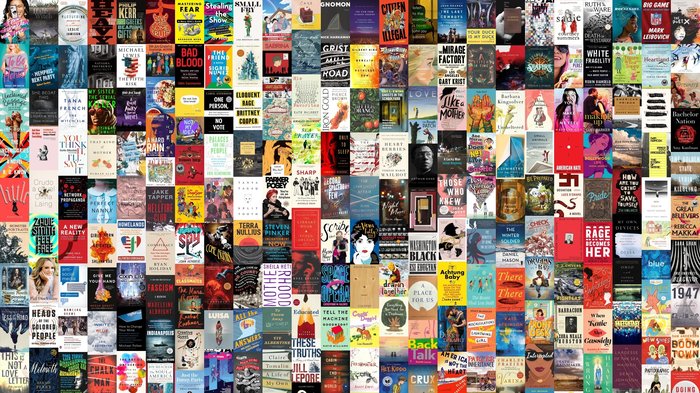Grasping the Fading Light by Julie Bloss KelseyWinner of the 2021 International Women’s Haiku Contest. Order copies here This manuscript has a global feel in spite of it being a personal experience. The poems are strong and forceful and at
Fairy Tale
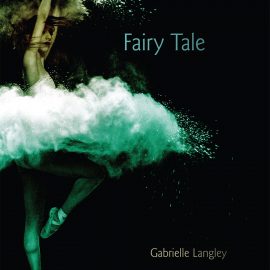
“In the poems of Fairy Tale, magic and beauty thread the speaker’s path through forests of cruelty and risk. The vivid, particular world of Langley’s speaker traces an arc from childhood into maturity, sharing with us a sweetness inseparable from danger, “the knowledge that all / cherry pits contain a small dose of cyanide.”
– Cindy Huyser, poet and editor, author of Burning Number Five: Power Plant Poems
A Theatrical Experience – The Ending Hasn’t Happened Yet
Every Body Has a Story. A live Zoom eventDesigned and Directed by Laura Hope-GillMay 7 and May 8, 2022 at 7pm Eastern TimeStarring Harper Hendrickson, Lana Phillips, Elizabeth Meade and Laura Hope-GillClose-Captioned To receive a Zoom link – Donate any
The Ending Hasn’t Happened Yet
Comb
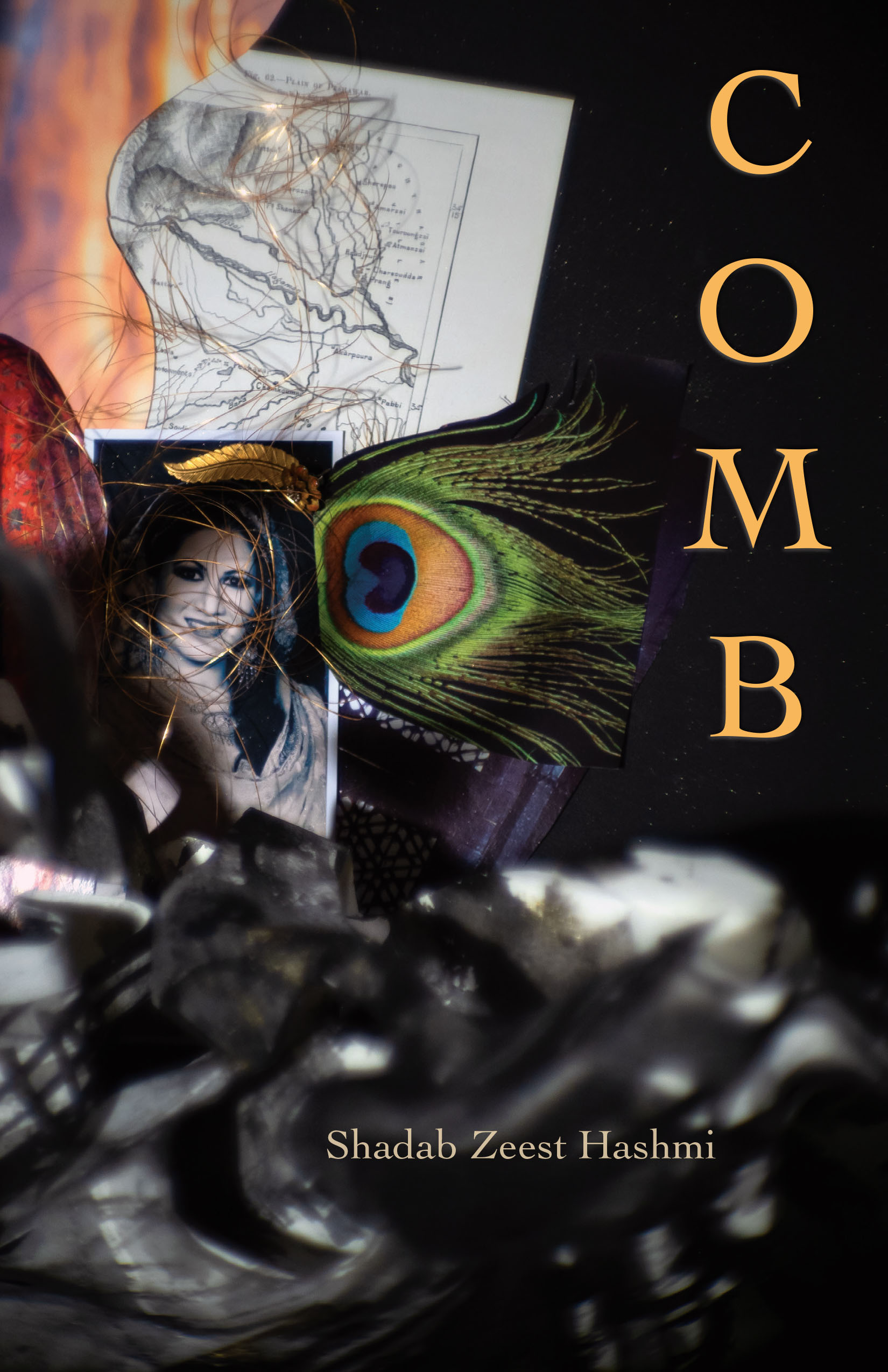
Comb is the story of a girl “under the spell of history,” growing up in the shadow of the legendary Khyber Pass which is both a bridge between disparate civilizations and an impassable divide. Shadab Zeest Hashmi reveals the tangles of empire and language, history and myth, exile and belonging — from the lens of childhood, integrating memory with the history of one of the most significant geopolitical and cultural thresholds of the world. This is a book that honors thresholds in a time of closed doors, written with a poet’s conviction in the regency of love.
The Language of Loss
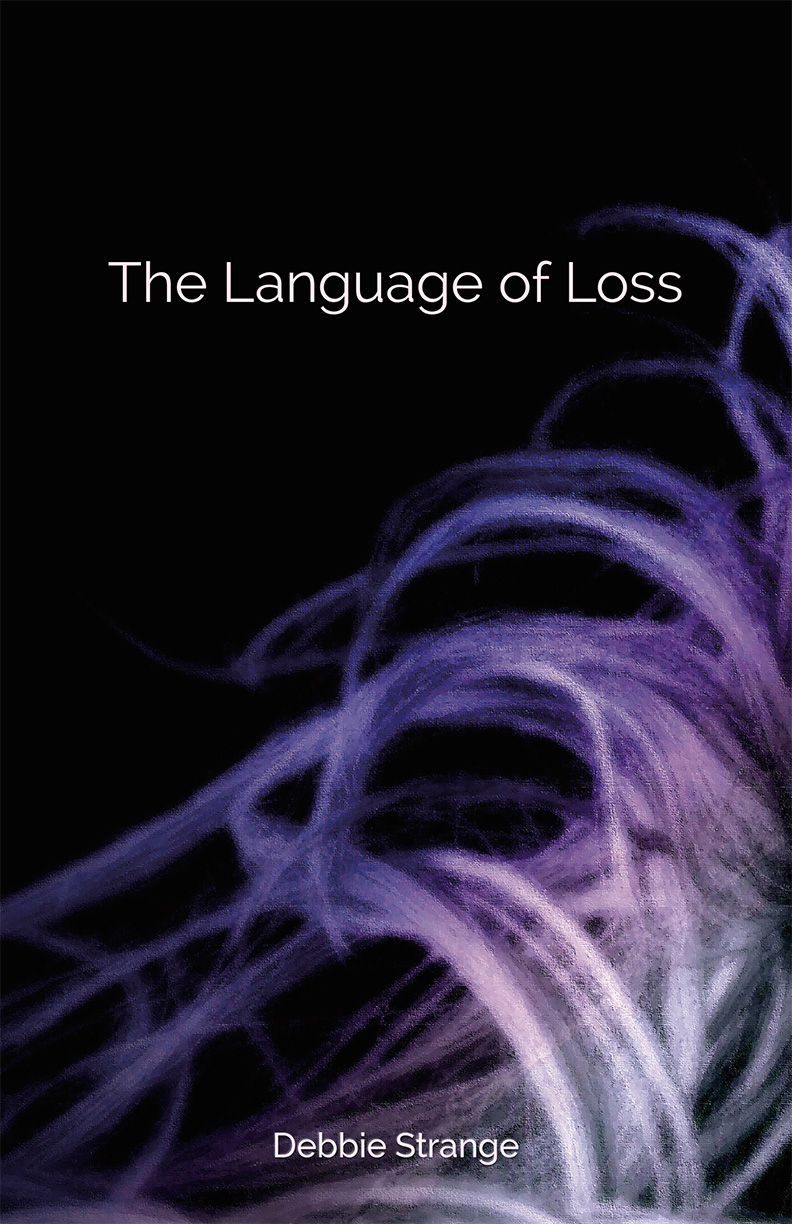
The Language of Loss contains tanka and haiku of exceptional quality. But it is the remarkable way in which the poet links tanka and haiku that elevated The Language of Loss into the winner’s circle. The poems on each page come together in a conversation of many layers. That these conversations will deepen and change for each reader is due to the author’s expertise. I am delighted to congratulate Debbie Strange on her winning collection.
Haiku Book Contest for Women
Sable Books is pleased to announce the 2019 Haiku Book Contest for Women.
The List of Last Tries, by Jessica Walsh
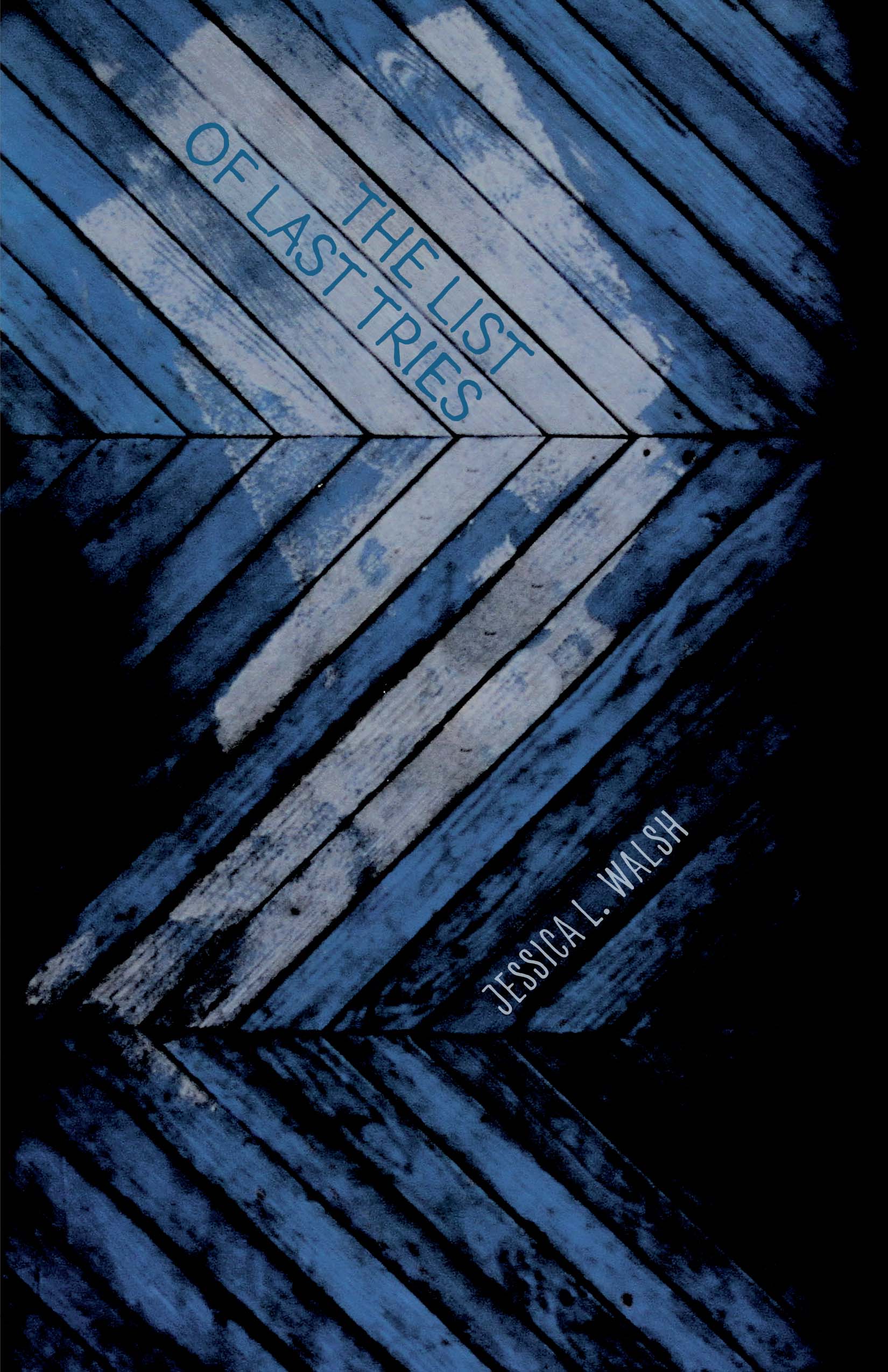
Jessica Walsh’s The List of Last Tries is a miracle of focus, a sustained gothic nursery rhyme that describes a girl’s coming of age and coming into power, for which she is shunned and exiled as freak, witch, and murderer. She “split(s) worms lengthwise,” “pop(s) open cow eyes,” and even eats a bug in defiance of the conventional shrieks of other girls.
CLOSED: 2019 CONTESTS: Announcing Two Great New Contests from Sable Books
Azaleas on Fire, by Gabrielle Langley
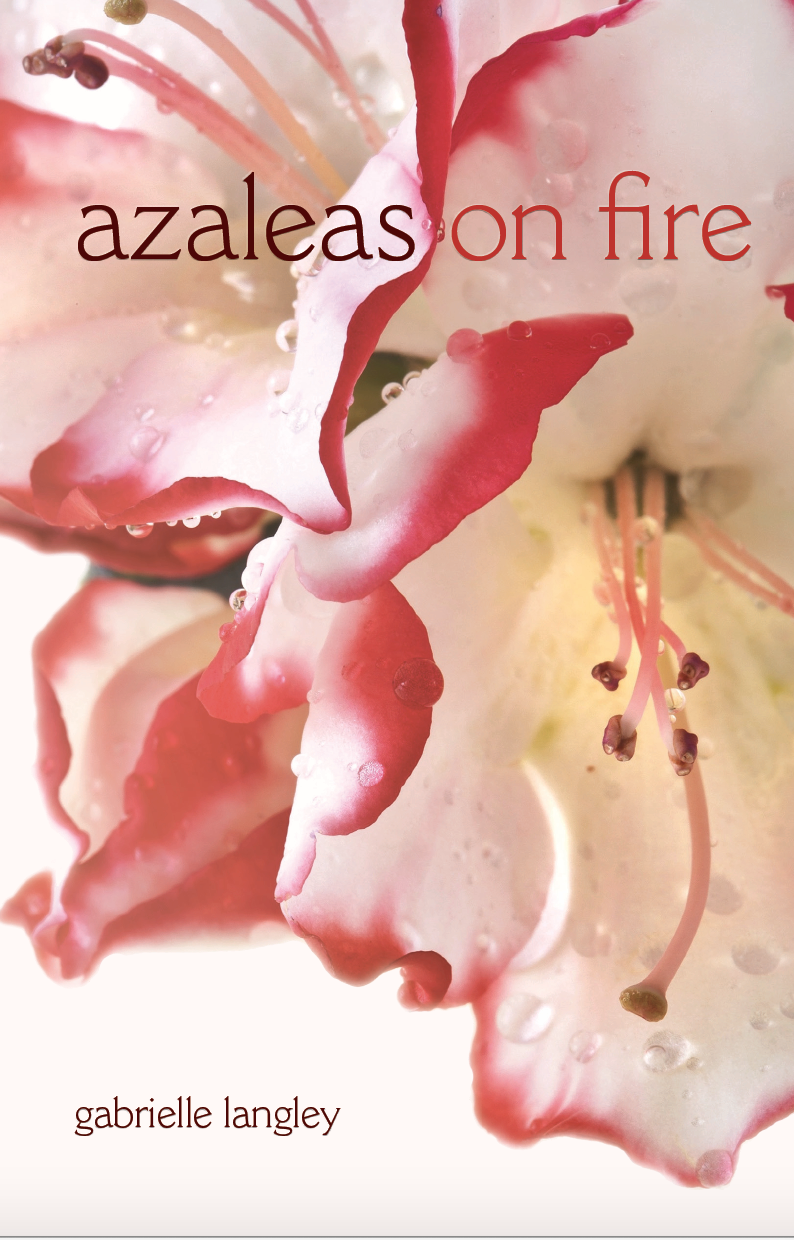
Conceived “in the month of pearls” as she tells us in her poem “Birthstone,” Gabrielle Langley is a poet of true luminosity, stringing her “English words like pearls” across continents — from Paris and Milan to Katyn and Istanbul, Lebanon and beyond. I find her to be a remarkable imagist of postmodernity. In Azaleas on Fire, she leads her reader through gardens of flowers rescued from romantic tradition through irony where the fragrance of narcissus and gardenias meets charred wood, “the burn of salt water rising to swallow small children.” She weaves delicacy with strength, a floral lace that is beautiful, tough, untearable.

